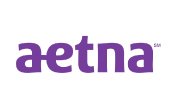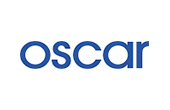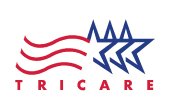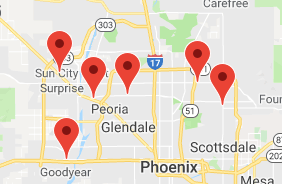Insurance for Hearing Aids
In recent years, what is and is not covered under health insurance has shifted. Thankfully, for those who require hearing aids and similar accessories, there are now many more plan options to consider about accepted insurance plans. To learn whether or not your provider covers the costs of aids, refer to the direct contract you have with your primary insurance provider. If applicable, you may also need to speak with representatives of third-party organizations affiliated with your coverage. Metro Hearing could be listed under these third-party networks or the primary contract, so it is best that you cover all of your bases.
How Hearing Aids and Insurance Work
The unfortunate truth about hearing loss is that it is not viewed as a very serious problem in the world of insurance. In fact, only about 20 states require that insurance providers cover some of the costs associated with hearing aids. In these cases, however, the coverage is only mandatory for children under the age of 12. This means that adults experiencing hearing loss are usually unsure whether or not they will be able to solve hearing issues without spending a small fortune along the way.
Beyond this, the coverage that your provider does offer may not match exactly what you require. Private insurance coverage sometimes takes care of the costs of tests to evaluate hearing while neglecting the costs of aids and listening devices. The best way for you to know what your plan covers is by looking over the details related to hearing loss and associated services.
MetroHearing’s Accepted Insurance Plans
MetroHearing works with various insurance providers and networks to ensure as many people as possible have access to cutting-edge tech and vital resources. If you don’t see your provider listed here, it does not necessarily mean that the plan is not accepted. You may simply need to work with your provider to learn more about third-party network options.
Accepted insurance plans include Aetna, United Healthcare, Blue Cross Blue Shield, Bright, Cigna, Oscar, and Tricare if you require more information or have specific questions, feel free to contact us at billing@Metrohearing.com.
Please contact us at our billing department for specific details at (602) 639-4064 or billing@Metrohearing.com.
Frequently Asked Questions
On average, hearing aids tend to run a large price range. Aids can cost anywhere from below $1000 to more than $6000, depending on the features offered and overall design. The more a model has to offer consumers, the higher the price tends to be. However, this doesn’t mean that aids that cost less are inferior. Do your research to learn about why each model costs what it does.
When a person feels as if he or she is experiencing hearing loss, the next step to take is to visit with an audiologist. Since this is the first person you will see in relation to potential hearing issues, it is most natural to start the conversation about insurance with the audiologist.
The exact amount insurance will cover for a hearing aid will differ between providers and plans. This means that you should not decide your future until you know how much your provider will put forward to help you pay for the device.
The accepted insurance plans we take at MetroHearing include Oscar, Tricare, Blue Cross Blue Shield, Aetna, and Cigna. Contact us at your convenience to learn if your plan is accepted.
If you cannot cover the total cost of your aid through insurance, it is important to note that there are alternatives to consider. Financing and payment plans are an option for those who are in financial need. Take time to work with your insurance company first, and then you can take additional steps to cover the difference.
Fees and costs associated with hearing services are handled between you and your insurance provider. In some scenarios, the entirety of the checkup is covered under the plan. However, there might be situations where you are expected to pay a small fee before visiting with a hearing specialist.
While MetroHearing can help you find the perfect hearing aid for your needs, learning about your insurance coverage comes down to speaking directly with a representative of your provider. Look over your plan details, and it should offer better insight into what falls under the coverage.
When you’re dealing with issues related to hearing loss, you don’t want to make any assumptions concerning your insurance. Review the details of your plan to gain some perspective, and contact us at MetroHearing with any additional questions you might have about quality hearing aids and accessories.









